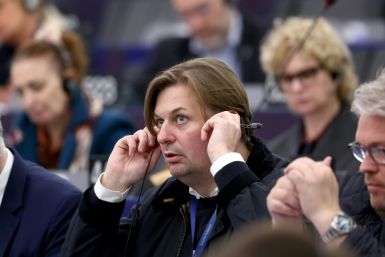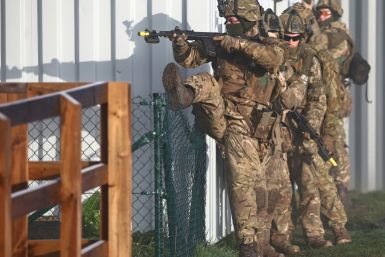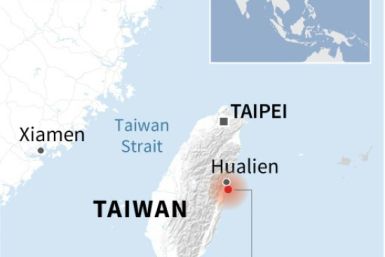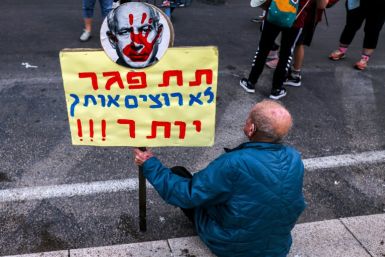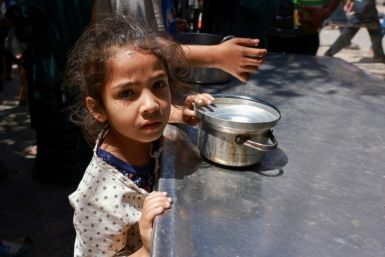Suspect In Malta Journalist Murder Pleads Guilty
One of three men accused of the 2017 assassination of Maltese anti-corruption journalist Daphne Caruana Galizia pleaded guilty Tuesday, a major development in a case that has rocked the Mediterranean island nation.
Vincent Muscat was arrested in December 2017, two months after the car bomb attack that set off a chain of events that led to the resignation of Joseph Muscat (no relation) as prime minister.
Vincent Muscat and brothers George and Alfred Degiorgio, all in their fifties, were awaiting trial accused of procuring, planting and detonating the bomb that killed the journalist on October 16, 2017.
In a dramatic pre-trial hearing on Tuesday afternoon, Muscat's lawyer Marc Sant informed the court that his client wanted to register an admission.
When asked how he wanted to plead, Muscat replied: "Guilty."
Judge Edwina Grima told the lawyer: "These are grave accusations. Murder, conspiracy... he (Muscat) possibly faces a life term."
But Muscat repeated that he pleaded guilty.
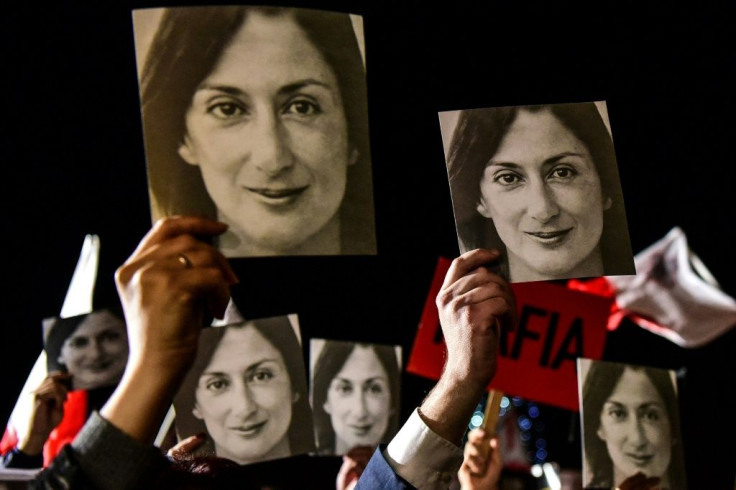
While the trio are accused of carrying out the crime, businessman Yorgen Fenech is currently awaiting trial for being the mastermind.
The owner of a Dubai company, 17 Black, on which Caruana Galizia had reported, Fenech was arrested in November 2019 as he was sailing away from Malta on his yacht.
Caruana Galizia, 53, was known for investigating high-level corruption, including contributing to the 2016 Panama Papers data leak.
She has been described as a "one-woman WikiLeaks", after exposing cronyism and sleaze within the country's political and business elite.
She was killed in a car bomb targeting her vehicle not far from her home in the north of the island.
One of her sons accused Prime Minister Muscat of being complicit and turning Malta, a former British colony that joined the European Union in 2004, into a "mafia island".
Muscat stepped down in January 2020 after the investigation into the murder implicated some of his closest collaborators.
Muscat's chief of staff, Keith Schembri, and his tourism minister, Konrad Mizzi, had both been accused by Caruana Galizia of being involved in corruption -- which they denied.


